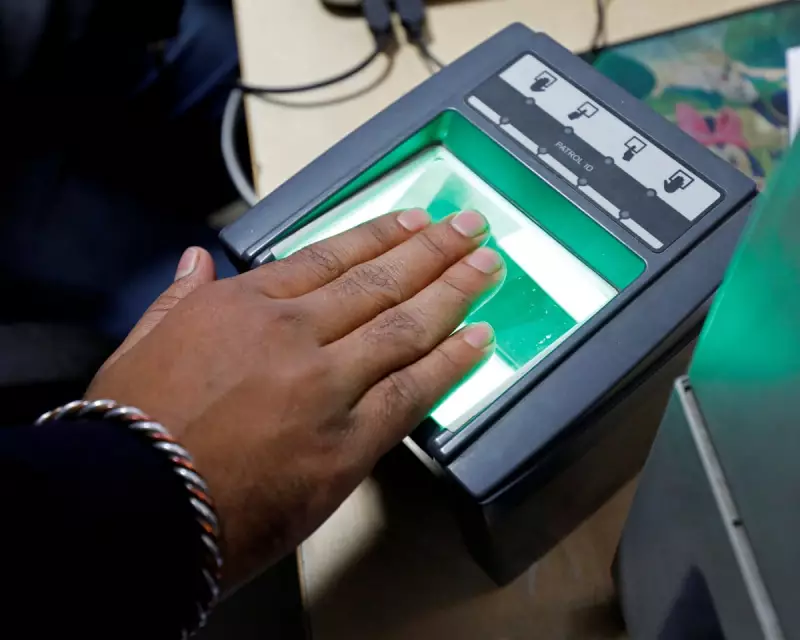
India's groundbreaking Aadhaar digital identification system, once hailed as a technological marvel that would revolutionise service delivery, now stands at the centre of a bitter national debate. The ambitious programme, storing biometric and demographic data of over a billion citizens, is creating deep divisions across the subcontinent.
The Promise of Digital Inclusion
Launched with the noble intention of streamlining welfare distribution and reducing fraud, Aadhaar represents one of the world's most extensive digital identity projects. Proponents argue it has successfully brought millions into the formal economy and saved the government billions by eliminating duplicate and fake beneficiaries.
'Aadhaar has been instrumental in ensuring that benefits reach the intended recipients directly,' supporters maintain, pointing to reduced leakage in subsidy programmes.
A Harsh Reality of Exclusion
However, growing evidence reveals a troubling underside. Technical glitches, connectivity issues in rural areas, and biometric authentication failures have left vulnerable citizens stranded. Elderly individuals with fading fingerprints, manual labourers with worn-out hands, and residents in remote villages without reliable internet find themselves locked out of essential services.
The very system designed to include is now accused of systematically excluding India's most marginalised populations.
Privacy in the Balance
Beyond accessibility concerns, Aadhaar raises profound questions about data protection and state surveillance. Digital rights organisations warn that the centralised database creates unprecedented opportunities for profiling and monitoring, with inadequate legal safeguards against misuse.
Recent incidents of data breaches have amplified these anxieties, despite government assurances about the system's robust security measures.
A Nation at Crossroads
The controversy reflects a broader global tension between technological efficiency and fundamental rights. As India continues its digital transformation, the Aadhaar experiment serves as a crucial case study for nations considering similar systems.
The ultimate challenge remains: can technological advancement and social protection coexist without sacrificing one for the other? India's experience with Aadhaar may well provide the answer that shapes digital governance worldwide.





